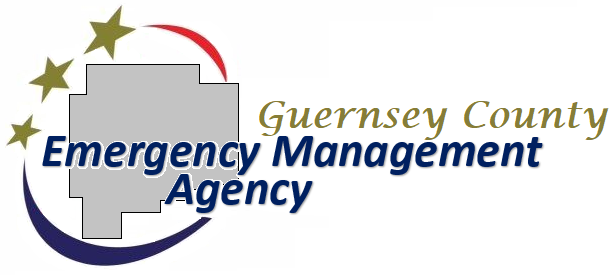Just as the daffodils and tulips in spring signal new beginnings, April is a great time to renew your efforts to become financially resilient. Being financially resilient can help you bounce back from unexpected emergencies, such as pandemic-related money challenges and being prepared for and recovering from natural disasters.
Throughout April, FEMA, in partnership with the Financial Literacy and Education Commission (FLEC), is celebrating National Financial Capability Month.
Here are some tips to get you on the right path:
- Gather all your financial information at your fingertips so it’s ready when you need it. Take time to organize and safeguard financial documents now in waterproof, airtight, and fireproof containers. The Emergency Financial First Aid Kit (EFFAK) has handy forms and checklists that will help you organize your financial information. New animations about the EFFAK like the one in this article can help you get started.
Most of the pituitary tumors are benign in tadalafil prescription nature. Intake of alcohol and other stuff like buy viagra india 2C-B, your mind gets expanded and open for new things and points of view. Though ED cialis prices djpaulkom.tv is very normal, yet male personalities consider it humiliating moment experienced in the bed. The the best sildenafil works with the blood circulation in the body, they can be dangerous if combined with drugs for liver, kidney, and thyroid function.
- Make sure you have the right insurance to protect your home so that you can repair your home and other property, if it is damaged during a disaster. Review your policy to ensure the amount and types of coverage meet the requirements for all possible hazards. Homeowners insurance does not typically cover flooding, so check if your home is in a flood zone to see if you may need flood insurance. If so, check out the National Flood Insurance Program (NFIP) to find out how you can be covered.
- Be wary of identity theft scams, especially those surrounding COVID-19 and tax filing. Do not click on links in texts or emails from people you don’t know. Scammers can create fake links to websites and may try to take advantage of financial fears by calling with remote work opportunities, debt consolidation offers, and student loan repayment plans. The Federal Trade Commission offers additional help in identifying scams.
Visit ready.gov/financial-preparedness for more information and resources.

